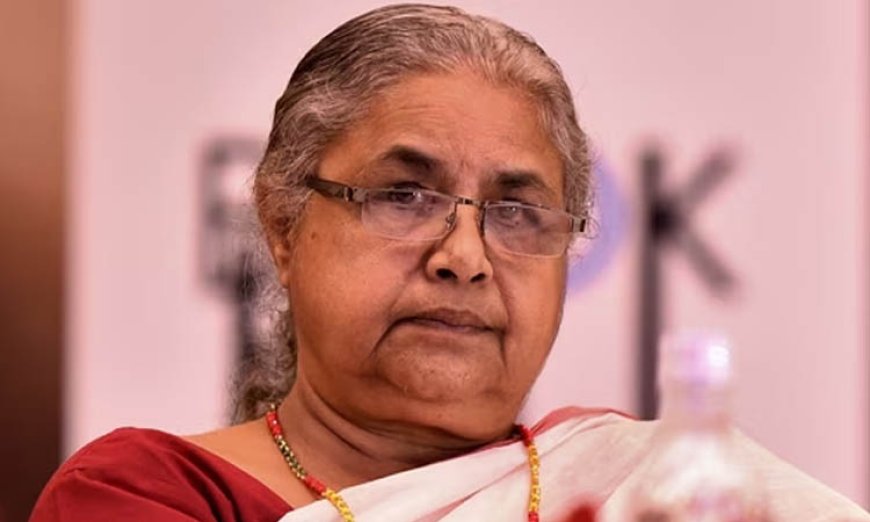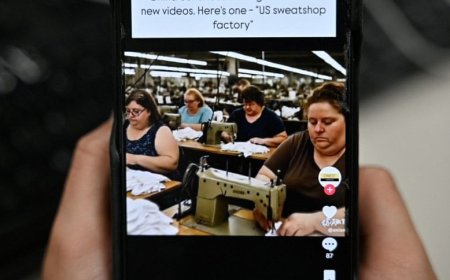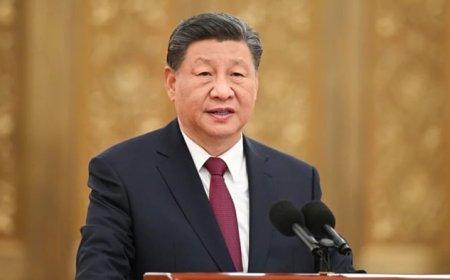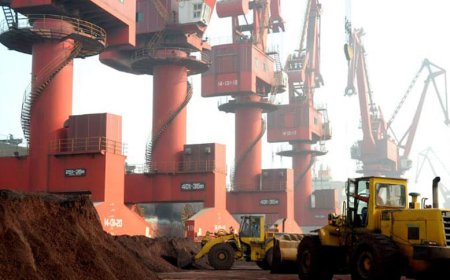Nepal Ex-Chief Justice Karki Becomes Next PM After Protests
Nepal Ex-Chief Justice Karki Becomes Next PM After Protests

Nepal’s Former Chief Justice Sushila Karki was sworn in as prime minister on Friday to lead a six-month interim government tasked with steering the country toward elections, following deadly anti-corruption protests that toppled the previous administration.
The outgoing prime minister resigned on Tuesday after protesters torched parliament.
“I, Sushila Karki… take an oath in the name of the country and the people to fulfill my duty as prime minister,” said the 73-year-old, Nepal’s first woman chief justice, as she was sworn in by President Ram Chandra Paudel at a small ceremony in the presidential palace attended by diplomats and former leaders.
“Congratulations! We wish you success, wish the country success,” Paudel told her after the oath-taking.
Parliament has since been dissolved, with elections scheduled for March 5, 2026.
The Himalayan nation of 30 million was thrown into turmoil earlier this week after security forces tried to suppress mass youth-led anti-corruption protests. At least 51 people were killed in the worst violence since the civil war and abolition of the monarchy in 2008.
The army imposed a curfew and restored order on Wednesday. Karki’s appointment, seen as a symbol of independence, came after two days of negotiations led by army chief General Ashok Raj Sigdel and President Paudel, who also engaged with representatives of “Gen Z,” the youth protest movement.
Thousands of young activists had debated their demands on Discord before rallying behind Karki as their candidate for the top post.
Clad in a red sari, Karki took the oath, bowing with hands pressed together in traditional greetings, but made no further remarks.
“It is a moment of victory… finally the power vacuum has ended,” said Amrita Ban, a Gen Z protester.
“We did it,” youth group Hami Nepal posted on Instagram, urging unity and honoring those killed in the uprising.
India welcomed Karki’s appointment, saying it hoped the interim government would bring peace and stability.
The protests were fueled by deep-rooted frustrations with corruption and economic hardship. Nearly one in five Nepalis aged 15–24 are unemployed, according to the World Bank, while GDP per capita stands at just $1,447.
At least 21 of those killed were protesters, most during Monday’s crackdown that followed a ban on social media. Protesters set fire to parliament, government offices, and a hotel on Tuesday. Communist Party leader KP Sharma Oli resigned as prime minister soon after; his whereabouts remain unknown.
During the unrest, more than 12,500 inmates escaped from prisons, while hundreds of weapons were looted, police said. Soldiers continue to patrol Kathmandu under curfew, though many residents briefly ventured out to gather supplies.
“I was very afraid, and stayed locked inside my home with family,” said Naveen Kumar Das, a painter-decorator.
But many remain hopeful. “We started this movement so we could make a better Nepal,” said 24-year-old protester James Karki.
What's Your Reaction?





















































































